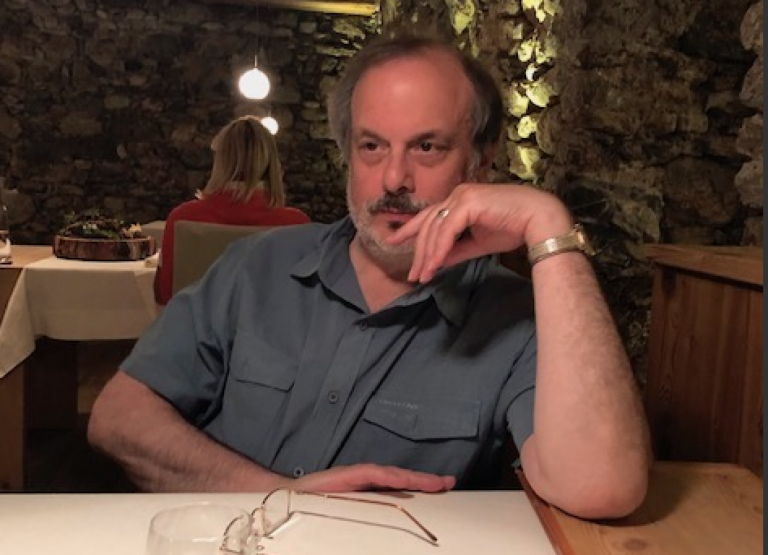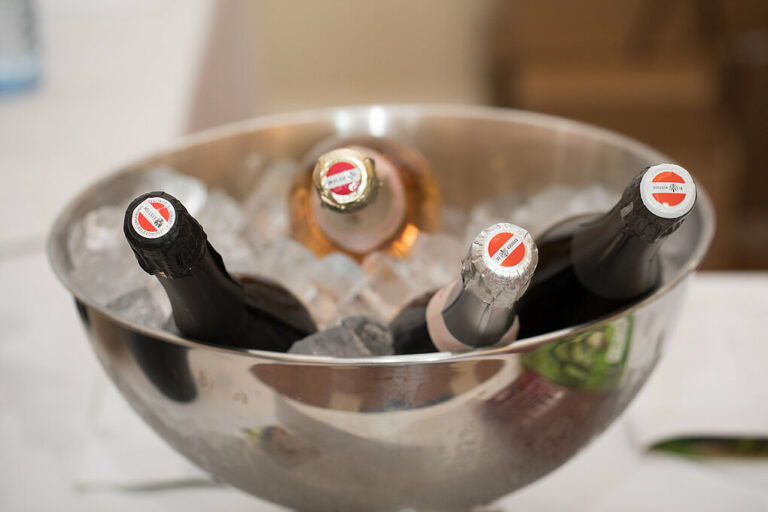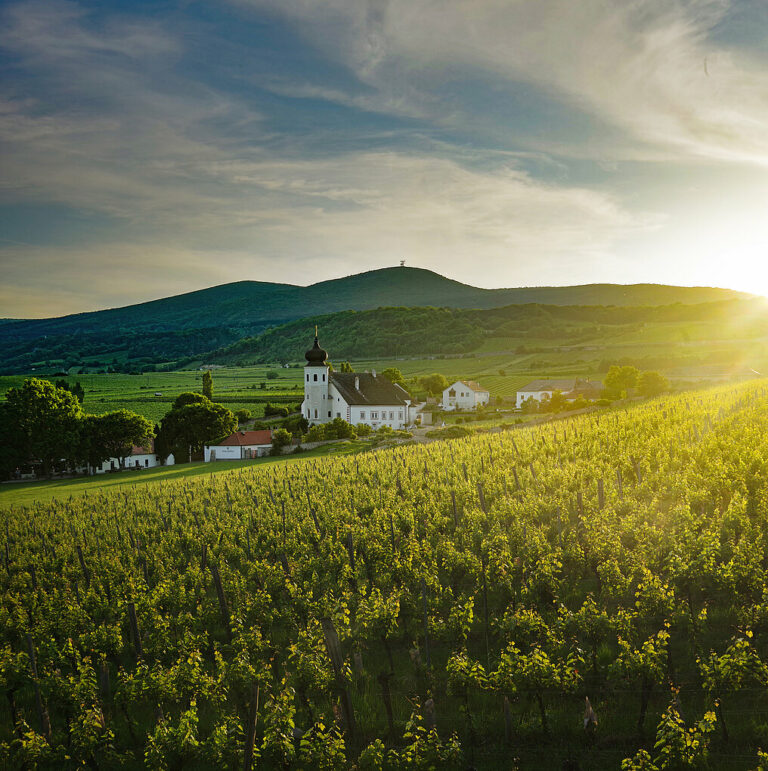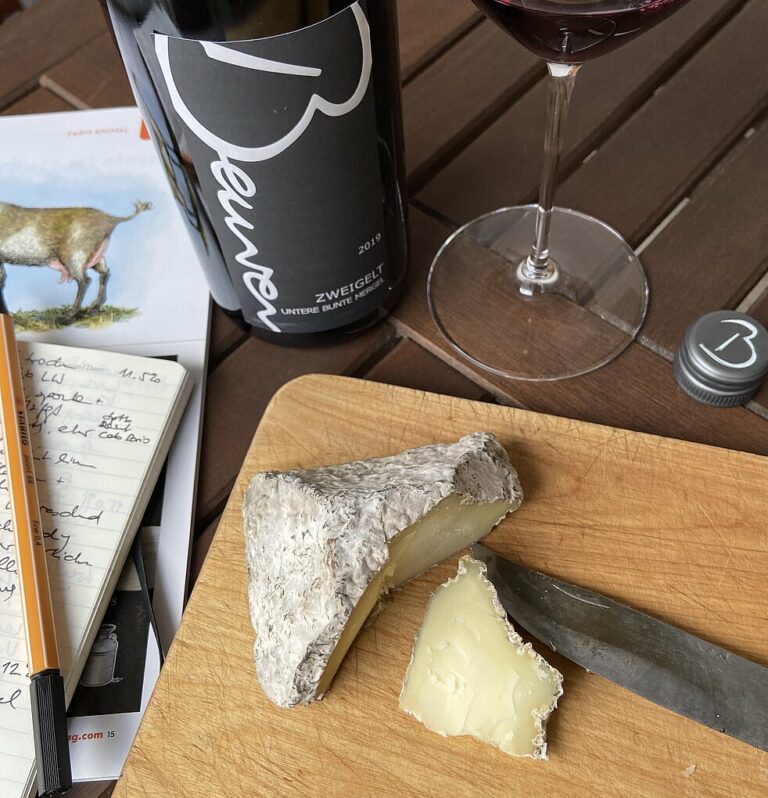Big Rainbow Love in Burgenland
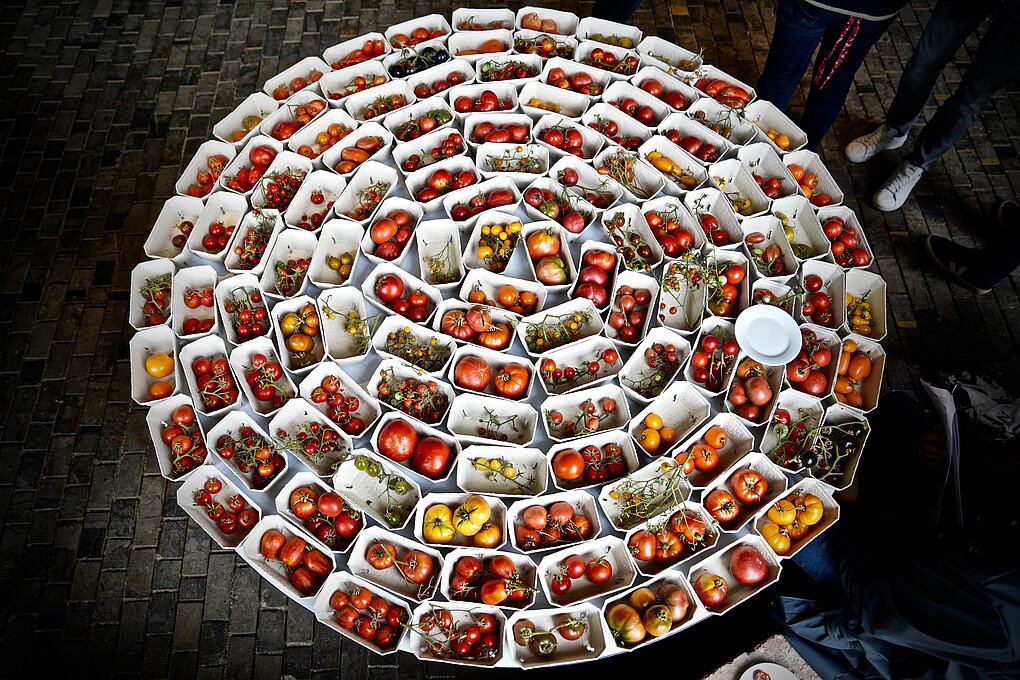
Calling from the expansive, flat landscape that forms the western edge of the Pannonian Puszta steppe flatlands, Erich Stekovics is a lone voice in the tomato world. Where others seek high yield and hardy reliability, Stekovics makes the case for flavor and site. He and his wife Priska belong to the tiny share of Austrian farmers cultivating tomatoes without the cover of glass or foil, and without irrigation. At the eponymous estate in Frauenkirchen, the pair cultivate and safeguard several thousand varieties in the open, and in addition to chili peppers, onions, and garlic, their fields are surrounded by vines….

